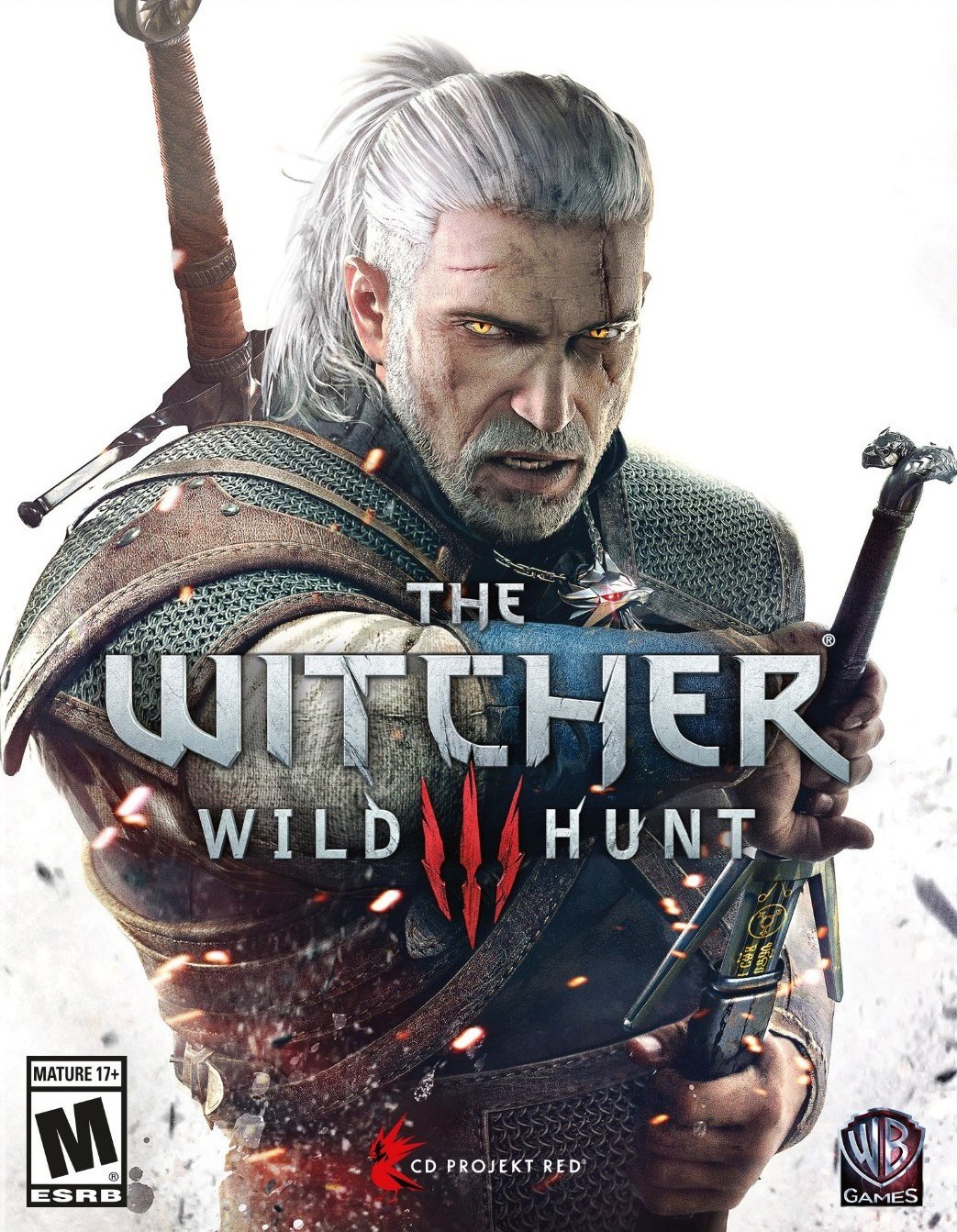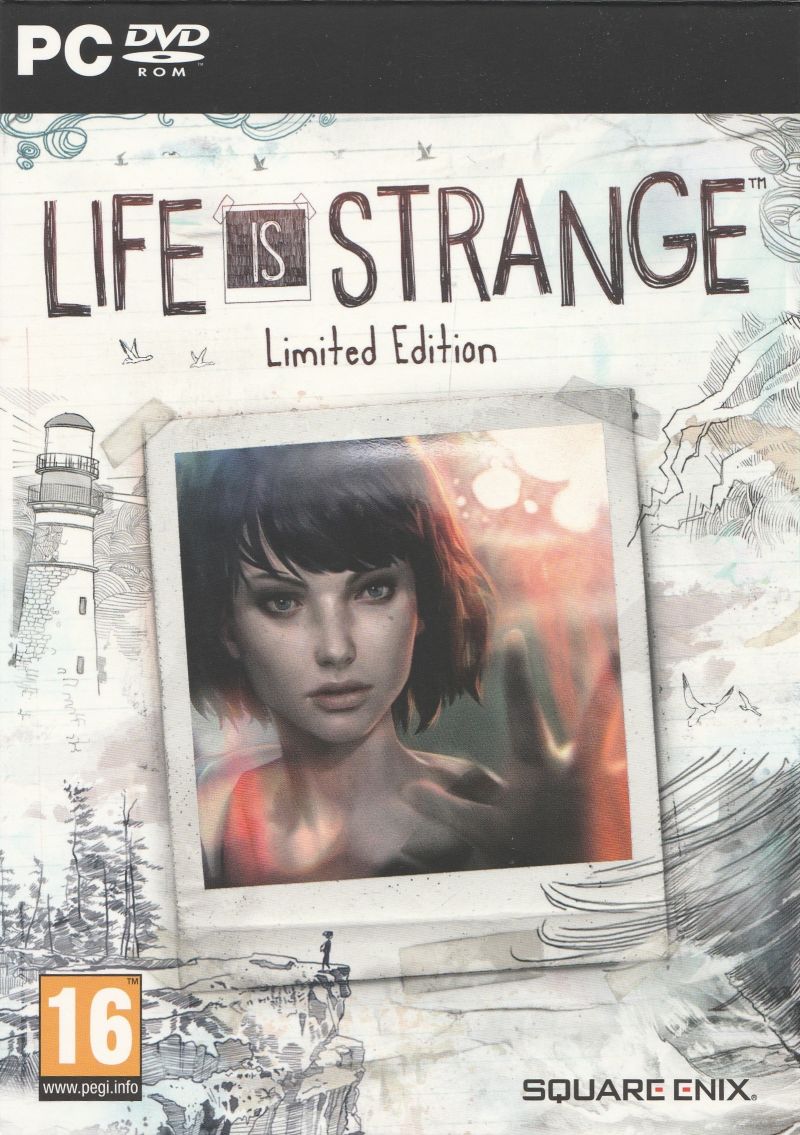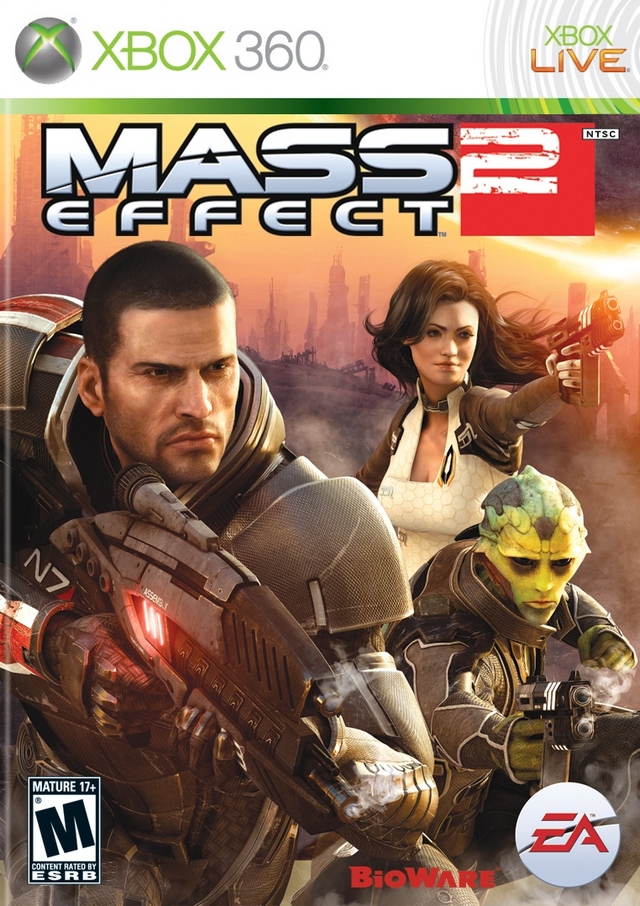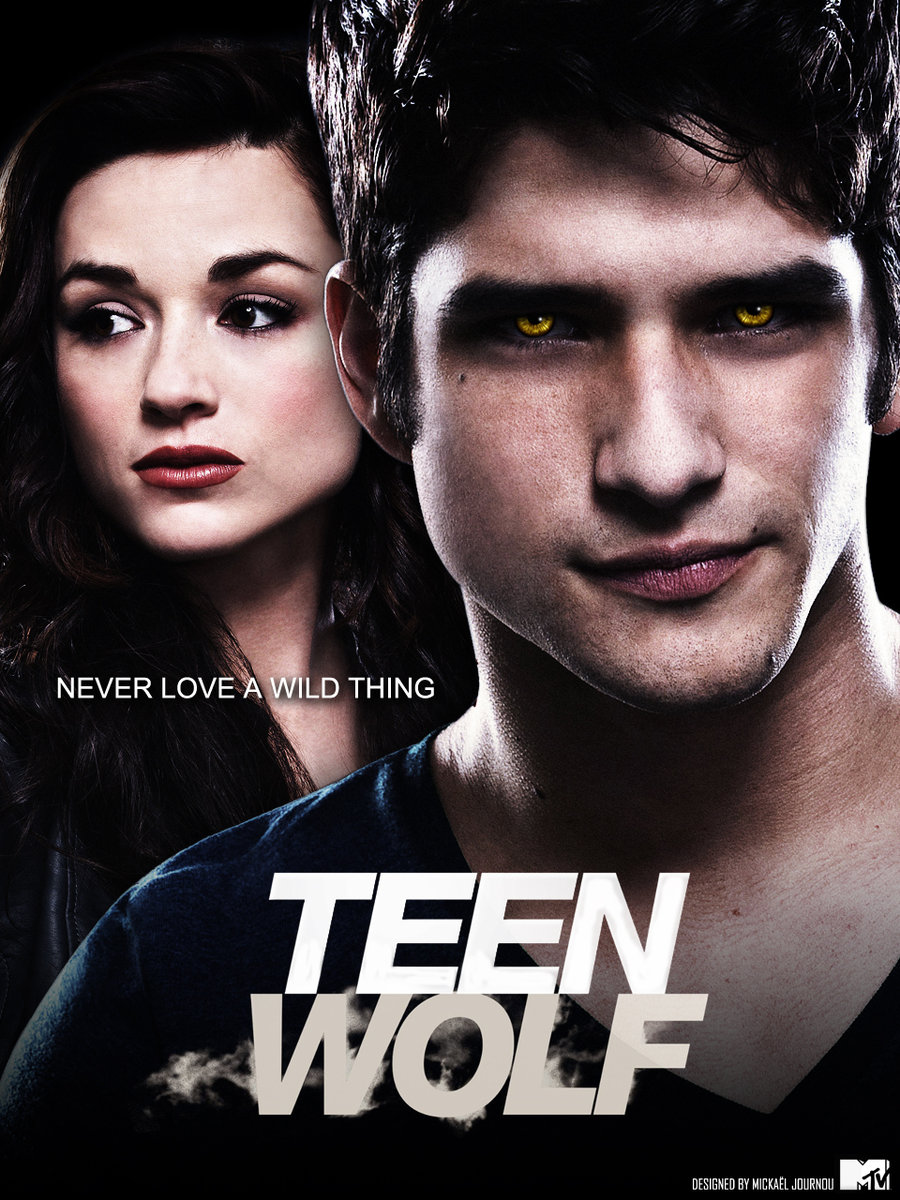 | Now that you've got some inspiration, you've gotta come up with a plot with characters and a setting!
Base Level
- It's
alright, you've got a general idea of what kind of story you want to do
now. At least you should if you've moved onto this stage of writing.
But now you're stuck, you have a vague idea of the plot, no real clue
about the characters, and you don't have a location. You're staring at
your computer screen, the little blinking line glaring at you. Maybe
you've got music on. Take a deep breath, close your eyes, and breath.
You've got this and I'm here to help.
- Borrowing from
real life is okay. You wanna use the name of one of your friends, take
a couple traits of theirs to build your character, that's totally fine.
These are your characters, you're going to mold them how you will and
sometimes you need that little bit of information from a real person to
make the character into someone who is believable and real.
- Find
a location. Location is everything with a story. It's your setting. It
can even be a character in and of itself, a living breathing world that
these people inhabit. So look around your town, wherever you live. Look
into different places around the world, look at other cities. Make a
decision and stick with it and start building the setting. Write down
descriptors of it. Is it a big city or a small town? Is it in the hot
South or the chilling North? Is it normal or does it hold dark secrets?
Is it a real town or one that you've created with a fake name but holds
properities from other places? These are the questions that you need to
ask yourself before you dive into it. Picture it in your mind, put
yourself there and then write down whatever you see. You can go back
and edit once you have a baseline down for it, this is all about the
imagination stage of the writing process.
- Making your
characters real people. The greatest novels and tv shows and video
games and movies make us believe the characters are real people. That
they have emotions, that they have their good and bad qualities and for
some, either of these will outweigh the other. Make moral grey areas,
give each character a quirk or trait that's unique to them that makes
them feel real to you and
will make them feel real to the audience. Picture them in your head
just like the setting. What do they look like? What do they wear? How
do they walk and talk? Do they have a nervous habit, like playing with
their hair or gnawing on their lip? Take a bit of time for each of your
characters, especially focusing on your protagnonist, antagonist, and
other main characters, and find out all of this about them and jot it
down. Just like with setting, this can all be editted later during the
process.
|
You've got your characters, setting, and plot, now what?
Drafting Time
- Every
story has a draft. They have several drafts, maybe hundreds, before the
actual final product becomes an actual thing.
- Take
drafts seriously. Kinda obvious but take it seriously. Write this as if
it is your final product. Sure the first copy isn't going to be the
greatest but it still needs everything that a final copy would.
- Don't
be scared of writer's block. Everyone gets it, just take a step back
and read through it once again. Play a game that might kick you in the
butt and give you some inspiration. Watch a movie or show that might
push you to write as well as they have. Read a novel and remember how
much you love the craft. Anything that you think will help knock down
the block, do it and watch the juices start coming once again.
- If
you get on a roll, roll with it. You're engrossed in your story and
can't seem to stop writing, even though you feel like you should.
Don't. Let the words flow out and the ideas come onto the page. It's
healthy and will help get the crap out before the gold comes.
Helpful Tips
- Don't
take criticism to heart. If someone is editting your work, they're
doing it for your benefit and taking notes of the good and the bad
parts of your story. They are saying the things they are to hurt you,
they're saying them to help you become a better writer.
- Take
each comment into account. This is your story, so in the end you make
the final decision on edits. But look at each comment or change that
someone has made and consider it before deciding if you want to keep
your story the way it is or try out their suggestion.
- Be
ready for haters. There's always going to be people that aren't going
to enjoy your story and some that will speak their mind very very
loudly. Be ready adn don't let it affect you. Instead, look for the
people that enjoy your story and prove those haters wrong by coming out
stronger.
|   
Three
games that have been given critical acclaim and are highly regarded for
their storytelling, plotlines, and dynamic characters.
The Witcher 3: Wild Hunt (Released in 2015 to Xbox One, Playstation 4, and PC platforms)
Life Is Strange (Released in 2015 to Xbox 360, Xbox One, Playstation 3, Playstation 4, and PC)
Mass Effect 2 (Released in 2010 to Xbox 360, later released on PC)
Trailers for all three are linked by clicking on each cover image for your enjoyment and interest. |




